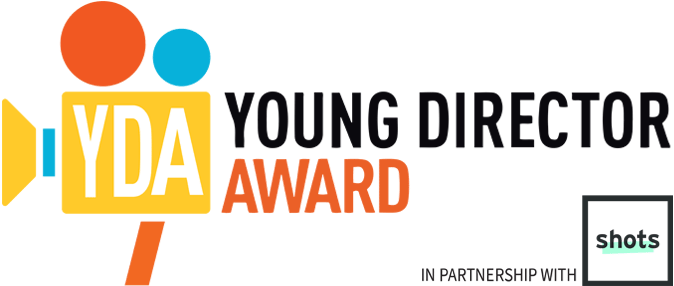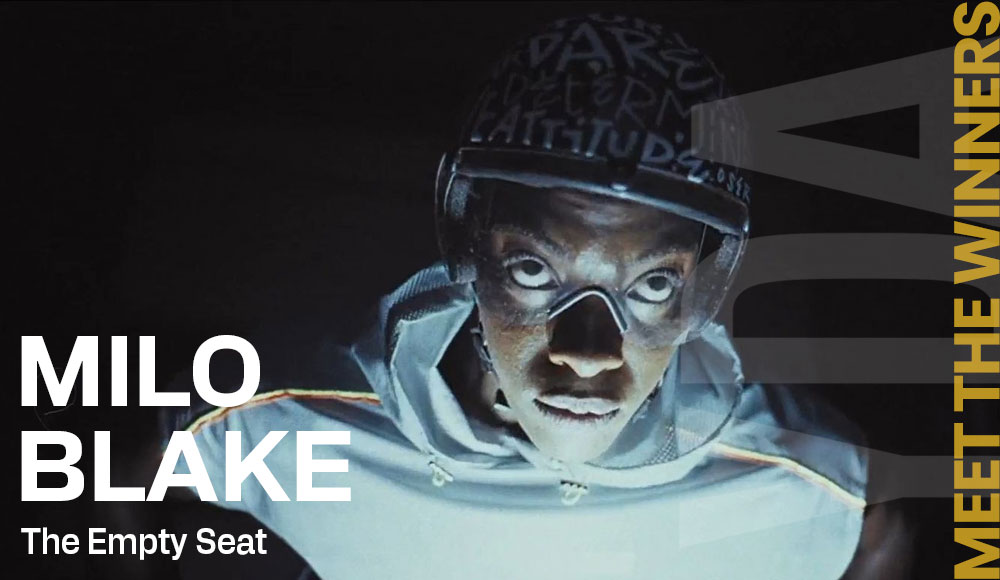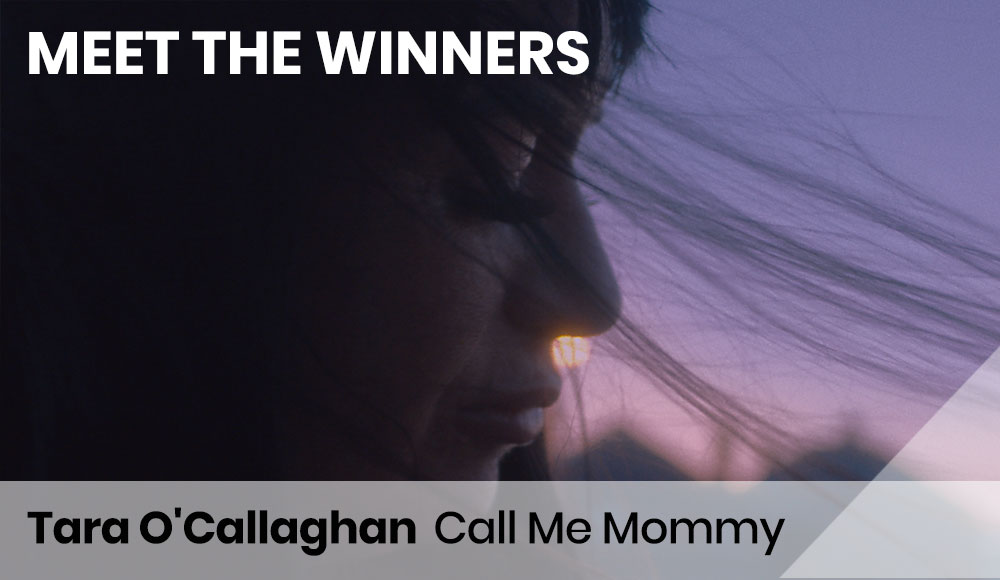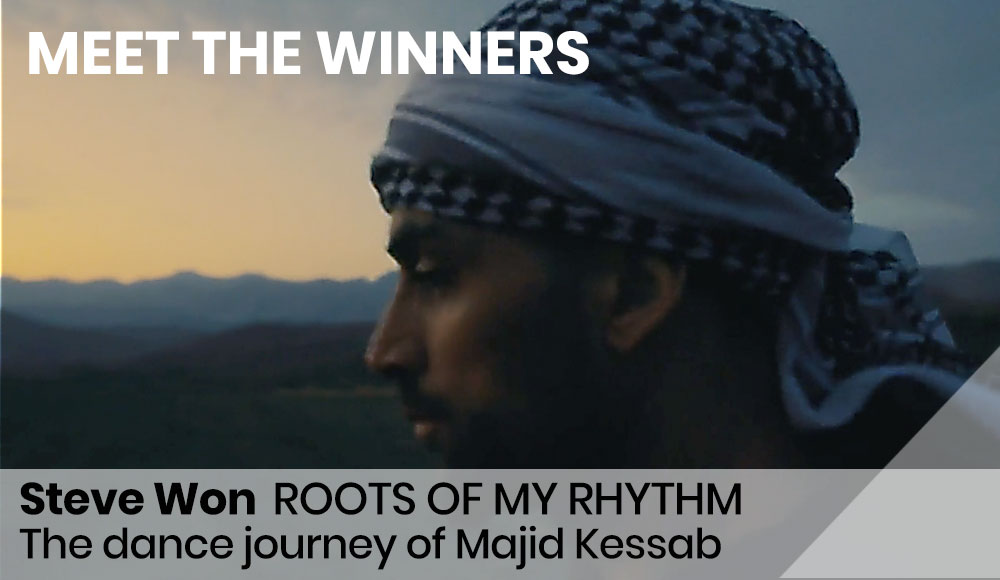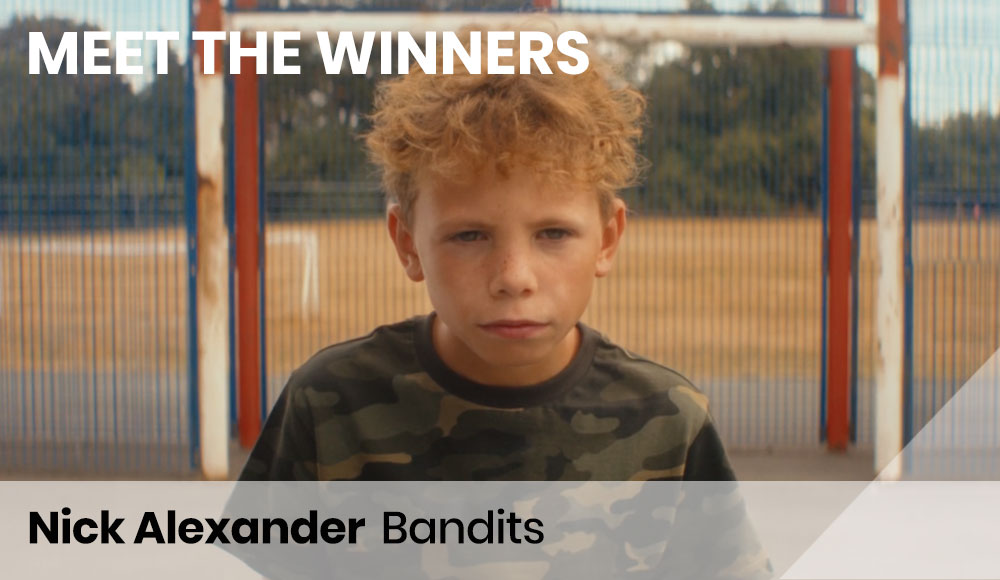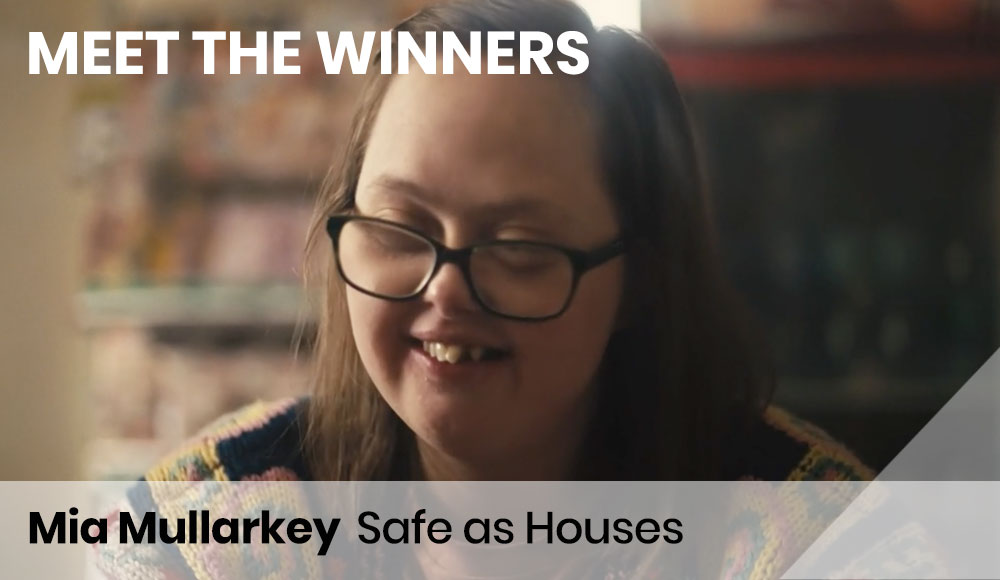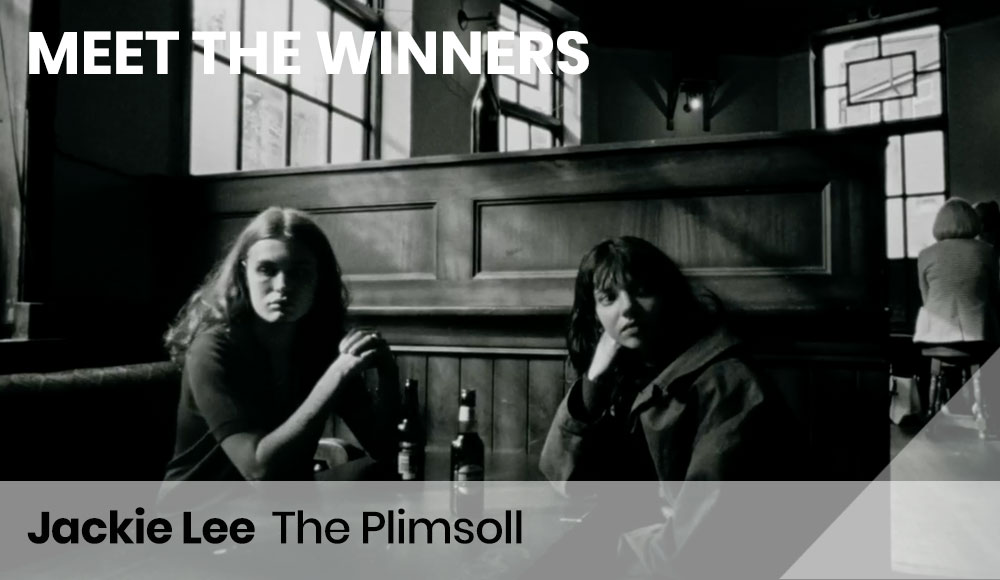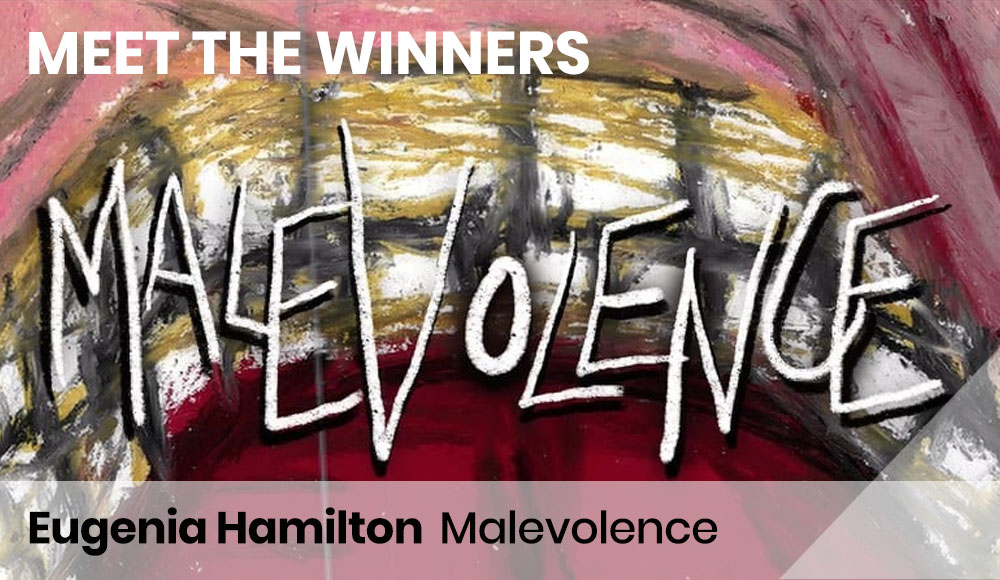Spindle director Milo Blake won Gold in this years YDA for his commercial The Empty Seat. Here he talks about the music video that inspired the film, how a film can develop in the post stage, and future projects on the horizon.
How did you get into directing?
It started in the home, my parents were both very into storytelling and my Dad had an iconic DVD collection, films from all around the world which he would share specific titles with me when I was growing up.
This resource lit a fire into me and I started directing music videos for friends, this gained traction and I started working with different, amazing musicians in the city.
I built up a body of work which got me signed and I kept growing my style until the right commercial came along willing to take a chance on me.
The Empty Seat – Commercial Gold
What was the inspiration/influences behind The Empty Seat?
I had always wanted the film to be super kinetic, finding an edit and visual language that expressed that these athletes were elite sportsmen, the aim was to take away a sense of “othering” paralympic sport stars and just stressing that they were really good at their field, and should be seen in the same way as anyone else.
I weirdly remembered this old Arctic Monkeys video for their track Brianstorm, this combined a ferocious edit pace with a lot of playful use of archive material. So this became an inspo for the approach but the challenge came in the edit trying to link our archive in the most interesting way to the footage we shot of the athletes in the zone doing their thing in training.
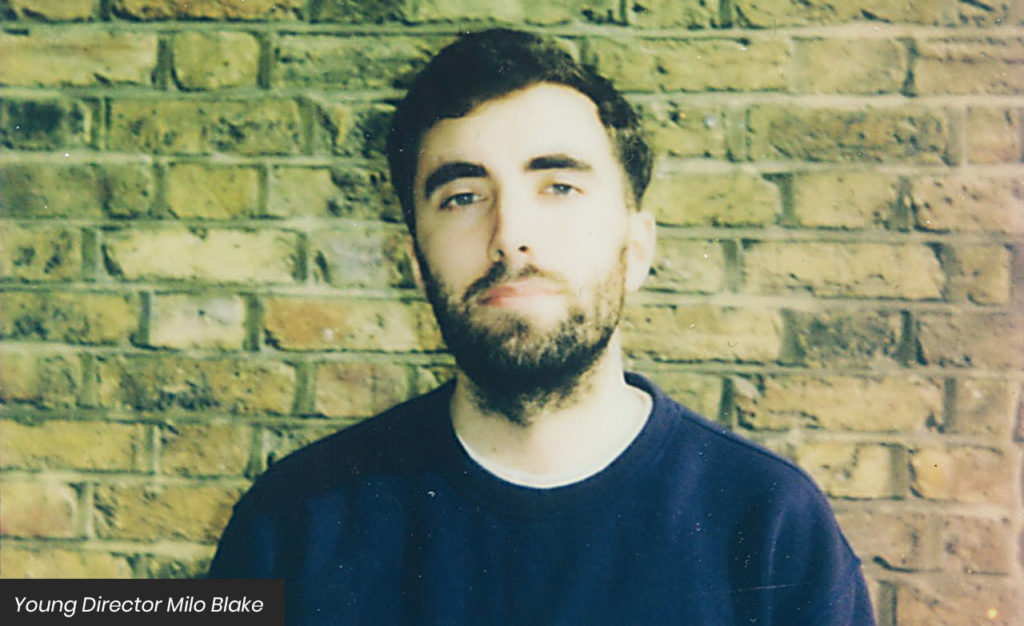
How long was the shoot and what was the most challenging aspect of the project?
Boring answer but probably the budget and the time was the biggest challenge in trying to execute this film in line with the ambition we had.
We basically had a day and a half to shoot but with a budget probably ten percent of what you would usually expect for the scale we were aiming for. We got it over the line through everyone from agency to production to crew being really behind trying to make this the best it could be, giving us the space to try things and people being willing to do this for passion/favours in order to create an important film.
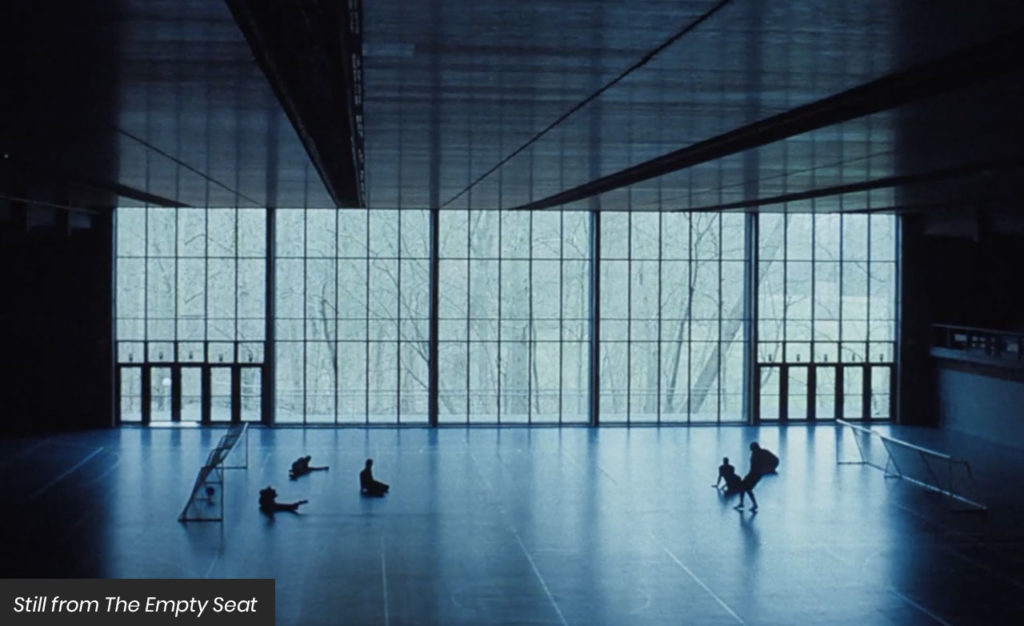
What have you learned during the process of making this film?
I think this for me showed a lot about how much a film can develop in the post stage. Originally the use or archive material was going to be a much smaller degree than where we ended up. But we realised in the process that something in this part of the film was really interesting and working the best, so we decided to scale that up even further and then the film just went levels up.
What does it mean to you to win a YDA and what can we expect to see from you in future?
I’m not sure an award ever defines the value of a film but I feel very lucky to be amongst such great work in the competition and have won something which many great directing names in the industry won in the early stages of their career. Hopefully I can emulate the standards they reached with the work they went on to make and maybe even one day surpass it.
I have some new commercials coming out which I have been making this year which will be out in the next month, so keep an eye on those if you’re interested.
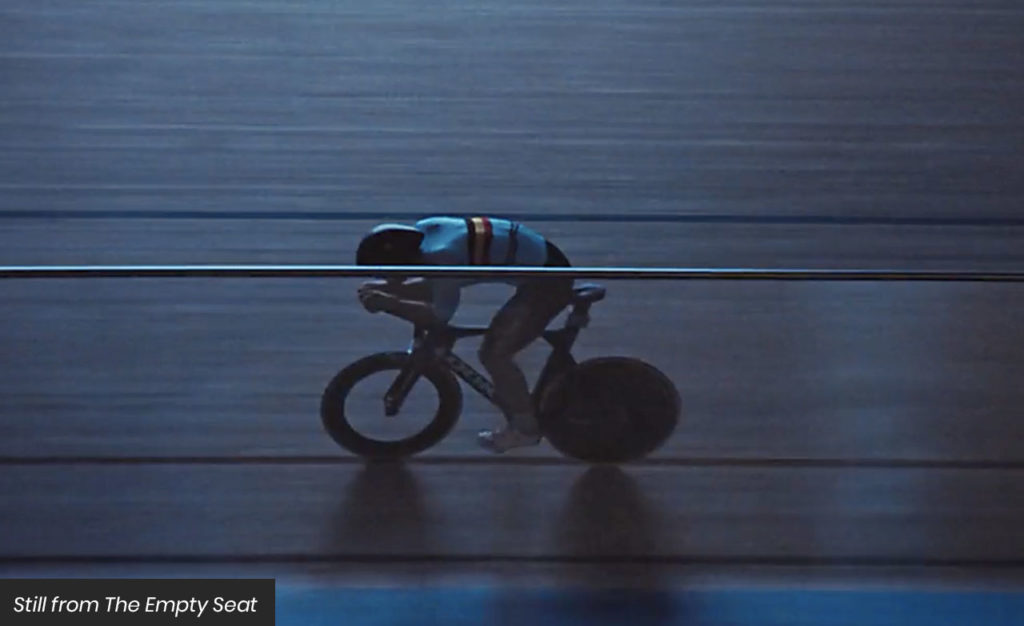
Do you plan to work in the advertising industry and if so, what most excites you about that prospect?
Yes I do plan to continue to the advertising industry with the hope of scaling up the productions, the concepts and techniques explored, ultimately growing the confidence in my craft.
I want to gather as much as I can from the advertising medium and combine that with my love of film to create original longer pieces of work in either features or TV in the future.
Interview by Daniel Huntley shots
